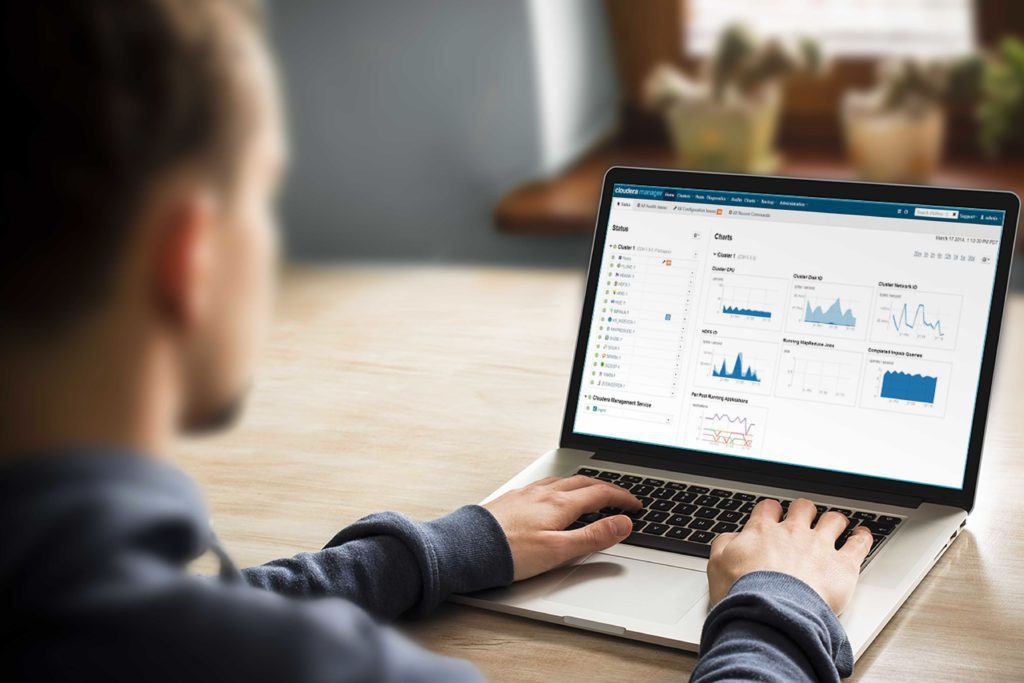Owning a PC is an exciting prospect, but with the wealth of choices and responsibilities that come along with it, certain tasks should be completed to ensure your PC runs smoothly and efficiently.
Here are a few tips for making sure your computer is running at its optimal level
Backup regularly
It’s important to make sure you have backups of your data in case something happens to your hard drive or if you accidentally delete an important file. You can back up data:
- on an external hard drive
- on cloud-based storage services such as Google Drive
- put it on optical media like CDs or DVDs
- Additionally, consider using online backup services that will securely store and encrypt your data offsite so you don’t lose anything in case of a disaster.
Update regularly
Whether you’re running Windows or Mac OS X, both operating systems need regular updates to patch security vulnerabilities and add new features; not staying up-to-date can leave your PC open to attack from malicious software. Be sure to check for updates at least once every week – more often if possible – and install them as soon as they become available.
Defragment the hard drive periodically
As files are written and deleted from the hard drive, fragmentation occurs which can cause a decrease in performance when accessing files on the disk as well as boot times for the OS. To fix this problem, users should use Windows’ built-in Defragmenter, which will reorganize all the data stored on the disk into contiguous blocks that allow it to read faster from the disk surface.
Use antivirus software and keep it updated
Antivirus software has become essential these days with the ubiquity of malicious software (malware) online; not having one installed can leave you vulnerable to attack by worms, Trojans, viruses and other dangerous programs that could steal information or even crash your entire system without any warning. For maximum protection choose antivirus solutions from reputable companies such as Symantec or Kaspersky Lab and make sure you update them at least once per month so they recognize newer threats released on the web.
Scan for spyware regularly
Spyware is becoming increasingly common due to its ability to track user activity online without their knowledge; while most antivirus programs provide some protection against this type of threat, using a dedicated anti-spyware program can help protect against malicious programs such as keyloggers which record keystrokes typed into unsecured websites (like banking sites) without requiring any special knowledge or technical expertise on behalf of the user installing the program – so be sure to scan for spyware at least once per month even if no suspicious activities have been noticed yet!
Clean out unnecessary files frequently
Over time PCs tend to accumulate temporary files due to browsing activities online; these files take up precious space on your hard drive so it’s best practice to clean them out regularly by using the Windows Disk Cleanup utility tool found under ‘All Programs’ in Start Menu (for Vista/7). Additionally, consider downloading specialized tools such as CCleaner which do a much deeper cleaning job than Disk Cleanup does alone!

